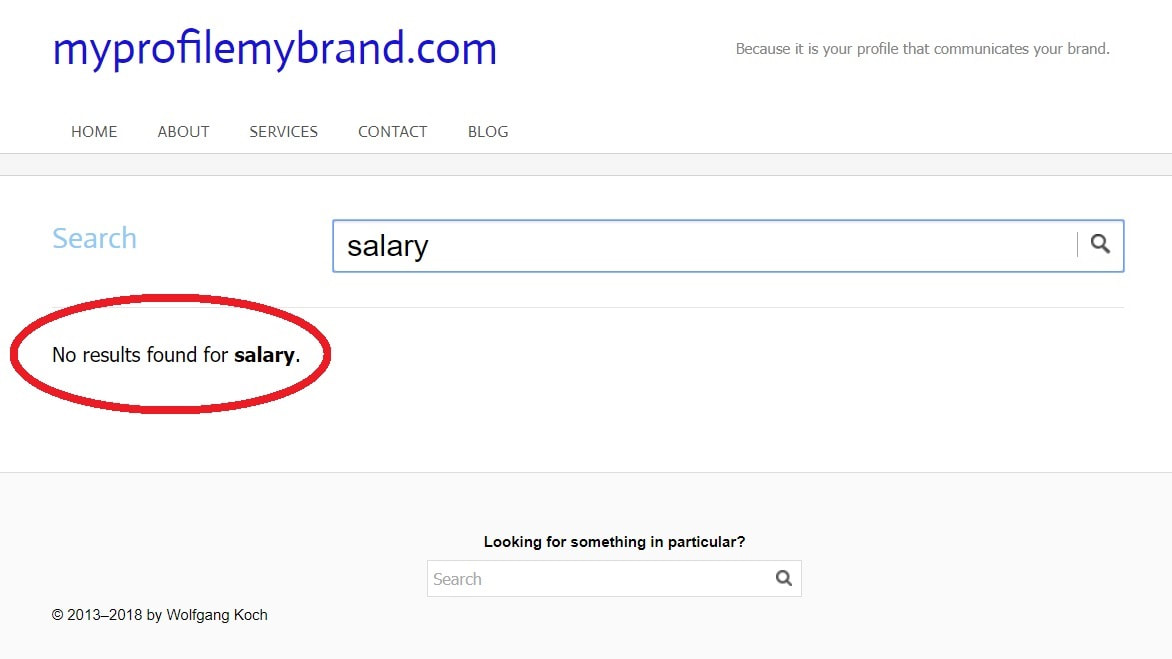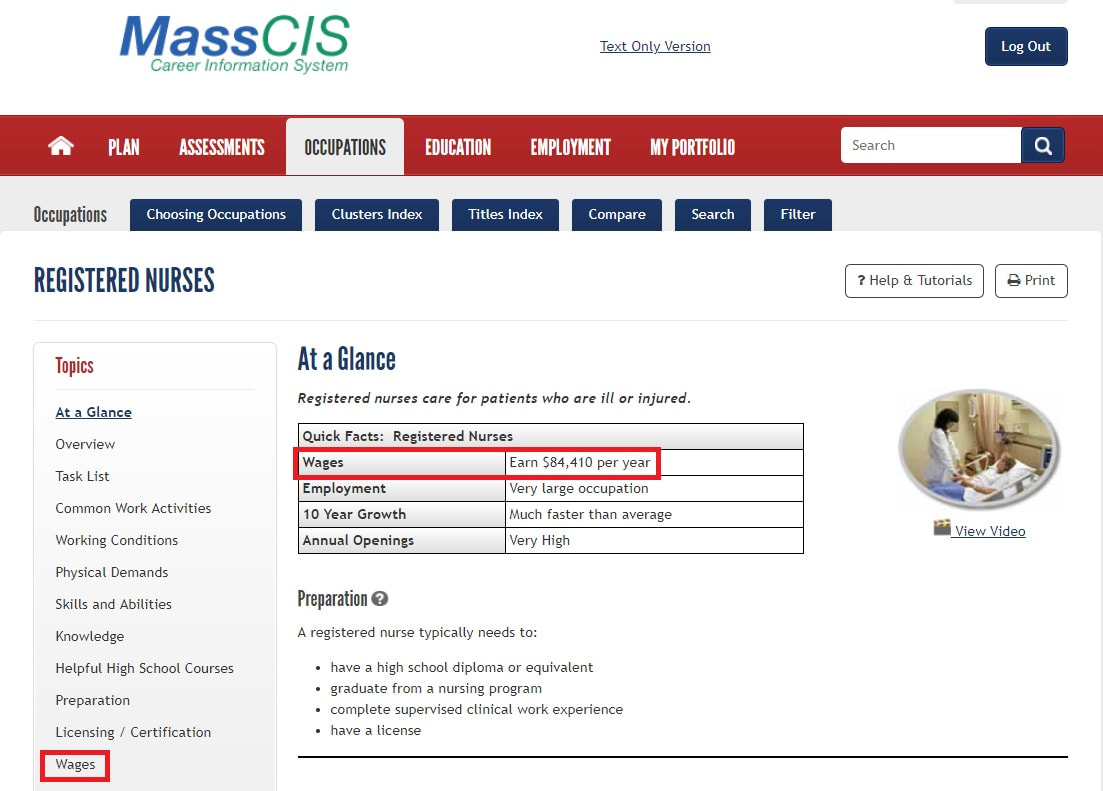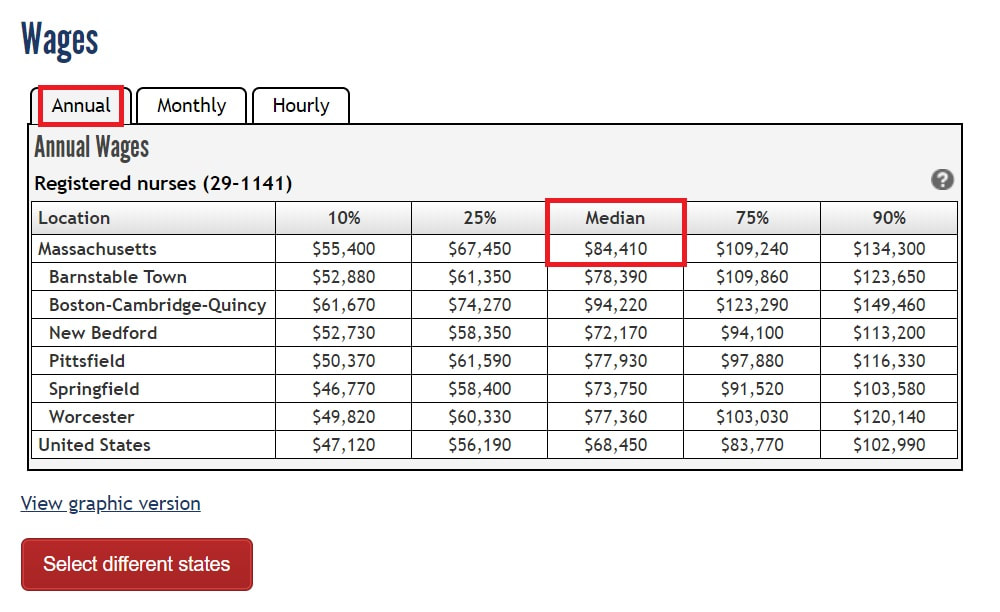As I was trying to think of a fresh topic to blog about, it finally crossed my mind to run some keyword searches of this my own website. Here’s a screenshot of one search result that came up, and much to my astonishment:
Now that is a screen you won’t see again on this site. Being comfortable discussing what you are worth to an employer is as important now as it has ever been. What certainly helps is the trend of state and local laws making it illegal for employers to ask about salary history. Add to that the related pay-equality issues with regard to factors such as gender and race, and the importance of building value with a prospective employer becomes all the more salient.
Unlike the question about salary history, the question about salary expectations remains legitimate. How to handle it depends on the point in time in the application and interviewing process (such as: when you first apply; during a phone screen; an in-person interview; or the job offer). But one thing is certain:
You want to show the employer you know what you are worth.
For online research, websites such as Salary.com and Indeed have reportedly been helpful. Then there is O*NET OnLine, where you can review all conceivable aspects of just about any occupation, including wage info by state.
Since I live and work in Massachusetts, let me point to MassCIS, which I find a very helpful online tool. When you review a given occupation, MassCIS at first gives you an at-a-glance view with just one figure for salary info, as seen in the screenshot below.
Unlike the question about salary history, the question about salary expectations remains legitimate. How to handle it depends on the point in time in the application and interviewing process (such as: when you first apply; during a phone screen; an in-person interview; or the job offer). But one thing is certain:
You want to show the employer you know what you are worth.
For online research, websites such as Salary.com and Indeed have reportedly been helpful. Then there is O*NET OnLine, where you can review all conceivable aspects of just about any occupation, including wage info by state.
Since I live and work in Massachusetts, let me point to MassCIS, which I find a very helpful online tool. When you review a given occupation, MassCIS at first gives you an at-a-glance view with just one figure for salary info, as seen in the screenshot below.
Once you click on “Wages,” though, that info becomes a lot more detailed. Now you get a range of percentile points between 10% and 90%. In the following screenshot, you will notice the figure you saw in the at-a-glance view reflects the median annual salary for Massachusetts. Also note how the figures are broken down by region within Massachusetts, as well as compared to the nationwide average figures. (And may I suggest you also use the “Select different states” option every now and then; those direct comparisons can be very interesting.)
Depending on your situation, it may be more appropriate to view not the annual but the monthly or hourly wage, which you can easily do by clicking on the appropriate tab.
Like O*NET OnLine, MassCIS uses wage information provided by the U.S. Bureau of Labor Statistics. So if you can’t find the equivalent of MassCIS in your state (pardon me for not knowing), and you don’t mind a few extra clicks, you can always try going directly to the U.S. Bureau of Labor Statistics website.
Online research is just one avenue of research, of course.
Help from people who can connect you to inside information is invaluable. Getting information from a variety of sources will allow you to take miscellaneous factors into account when preparing for an employer’s salary-expectation question. And with that, you will be more likely to make a compelling case.
Like O*NET OnLine, MassCIS uses wage information provided by the U.S. Bureau of Labor Statistics. So if you can’t find the equivalent of MassCIS in your state (pardon me for not knowing), and you don’t mind a few extra clicks, you can always try going directly to the U.S. Bureau of Labor Statistics website.
Online research is just one avenue of research, of course.
Help from people who can connect you to inside information is invaluable. Getting information from a variety of sources will allow you to take miscellaneous factors into account when preparing for an employer’s salary-expectation question. And with that, you will be more likely to make a compelling case.


